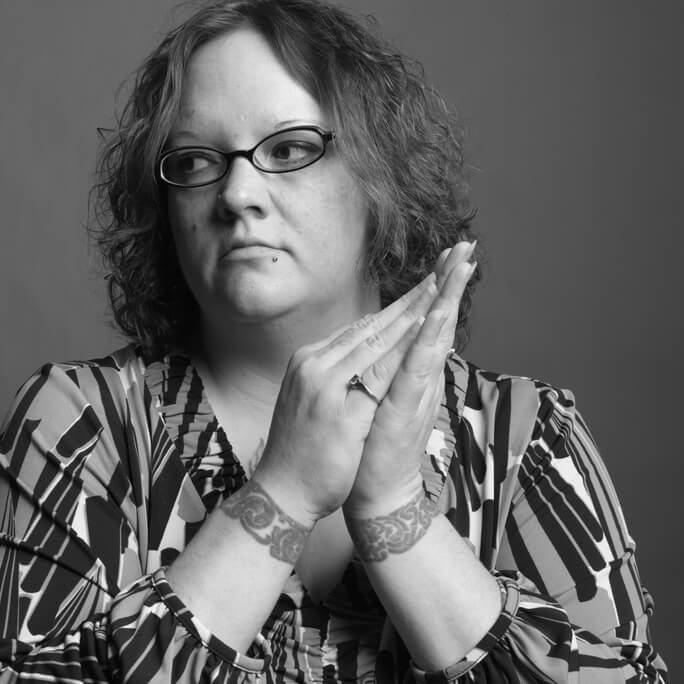Of all the factors that go into the de-radicalization of a person who is involved in violent extremism, the least understood is accountability. As a nation we avoid discussing the concept, and if it is evoked at all it’s used more as a shield by those in power to obscure a meaningful response to injustice.
We’re seeing that play out in the wake of the insurrection of Jan. 6 — when a mob violently stormed and briefly occupied the Capitol. As with so much else, there are different rulebooks and consequences brought to bear on different populations.
Despite the call for accountability, there’s no clear definition of what that is. There’s hardly consensus on who exactly should be held accountable. The people on the ground, the elected officials who asked them to be there, the media that egged them on?
As an organization founded by former violent extremists, we know accountability is the pathway to redemption. It transcends punishment, and exists independent of forgiveness. It is what empowers us to move beyond the grief of knowing how our past choices inform current events. It is where the past and present intersect, culminating in healing and the potential for cohesion.

When we think of accountability we think of a lifelong commitment to action that adds good to the world; we think of a commitment to calling out inaction and refusing to turn a blind eye to the pain of our fellow human beings.
We see it in the spirit in which Life After Hate was launched, and in the formers and countless others who keep it going.
We see it in Angela King, who at 23 found herself sitting inside a federal detention center for her part in an armed robbery of a Jewish-owned store. At that point in her life, she was committed to the violent far-right. She would dress her younger brother in her combat boots, teach him slurs and get him to mimic the Nazi salute.
Until she found herself in front of a judge, ruminating on the enormity of the crime she was involved in, and it wasn’t pretty.
“I dealt with everything in my life with anger, aggression, and violence,” Angela said. “I kept all of my emotions behind this kind of wall of anger and it was my protection. In order to be accountable, I had to let that wall come down. And when I did, it was like a dam broke and I’ve never recovered from that. Once I flipped that switch and let the emotion come back, that was it. It was over from there.”

Angela King, co-founder of Life After Hate
For Angela, accountability is a way of life, a “deep level of understanding of how our actions impact others and the human toll that it takes.”
She added: “We’re throwing around accountability around the insurrection, but I’m not seeing a lot of deep reflection on how different actors contributed in different ways.”
We also see it in Brad Galloway. How after spending more than a decade inside a racist skinhead gang in Canada, he disengaged to start a family. For four years he hid his past from most of the people in his new life. Until he met another former.
“And he was the first one to affirm that I was still at Step One,” Brad said. “I didn’t know there were steps.”
They became friends and for the first time Brad began thinking about how he would have to be accountable for his past. “I started on this pathway of seeing the rottenness of my ways, to stop being racist and espousing these views.”
Today Brad has switched roles, offering newly-disengaged formers guidance and hope. And as he evolved, so too has his definition of accountability.
“We have to take on historical accountability and be critical of what we’ve done,” Brad said. “Whether it be Chicago or Los Angeles or New York City, there are communities where people are looking to be noticed and recognized that they need help.”
“I am accountable to all people to speak in opposition to those who still hold hateful beliefs of any kind.”
— Chuck Leek, former white supremacist
We also see it in Chuck Leek who learned that even long after he left the movement there would always be new people to whom he would be held accountable.
“As a former white supremacist,” Chuck said. “I have an obligation that I must uphold for the remainder of my life: To do everything I am capable of to counter the egregious harm I caused while I was involved with white supremacist organizations.”
Chuck spent two decades embedded in white supremacy, advocating for a barbaric form of inequality. After he left that movement, it took another 10 years to take a full account of the damage he’d done.
“I am accountable to all people to speak in opposition to those who still hold hateful beliefs of any kind,” he said.
For all three of these formers, accountability means bearing witness. Sometimes in a painful and vulnerable way.
“One of the hardest things I have ever had to do was explain the full truth of what I had been to my 12-year-old daughter,” Chuck said. “One of the greatest joys of my life was having her tell me ‘Yeah, but you’re not that person anymore’ after a full confession to her of my past.
“This is the hope that I live for and why I hold myself accountable.”

